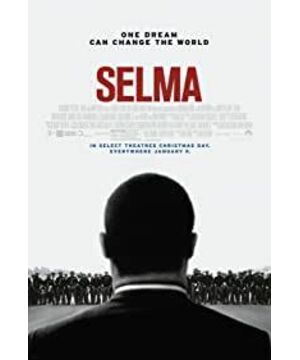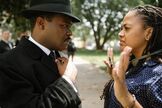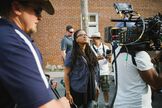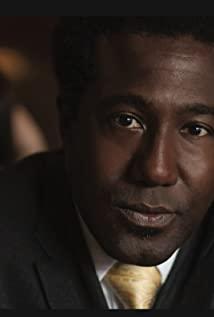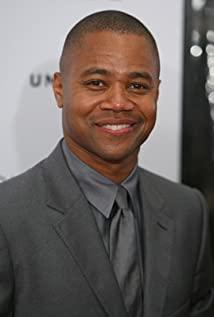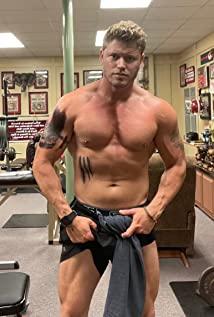King did not participate in the first march. The marchers were violently driven by the police when they passed the Edmund Pettus Bridge. Once the violence was reported by the media, the whole country was in an uproar. Kim even called on more people to participate in the second march, and many white people came from all over the country to show solidarity. The second parade was huge, and the police on the other side of the bridge also expressed their concessions. Then came the scene that I couldn't understand the most - Kim knelt down in prayer, then turned and walked back, and the parade was over. Afterwards, Kim's explanation for this was: 1. He didn't know what the police were doing. Maybe it was a trap. Second, they did not carry enough food and equipment to complete the procession. One white pastor said that Kim knelt down to pray, got a revelation from God, and then obeyed the revelation. If this passage was put in the past, it would probably be enough to hear it. But the experience of interacting with Christians allows me to agree with this choice and have some insights. For the last time, they won a court ruling that the march was legal. After several days and nights of hiking, they arrived in Montgomery, Alabama's capital. King addressed thousands of people in front of the Houses of Parliament. This is the end of the march, but the beginning of freedom.
It's not exactly an ode to Wei Guangzheng, and there are not many sensational places. Kim's tapes of adultery really surprised me, especially given his religious beliefs and his preaching of justice, which is ironic. It's hard to tell that he didn't capitalize on the bloodshed when he spoke passionately and the incited people kept shedding blood and tears (that's how President Johnson complained about him). Without the halo, this is a flesh-and-blood, fallible, but still a great leader.
President Johnson, I am not familiar with him. He is so passive in the promotion of the whole motion in the movie. Only the president's swearing at Governor Wallace is the cutest. Tim Roth's performance of the diehard governor really tickles my teeth, and the ending credits reminding him that he has failed to run for president four times since then makes me laugh unkindly.
Summary: Three-and-a-half-star movies, you can watch and learn a lot of American history.
PS: The FBI has a record of monitoring Martin Luther King, Jr., and plans to look for the movie "Hoover" from the same background period.
View more about Selma reviews


